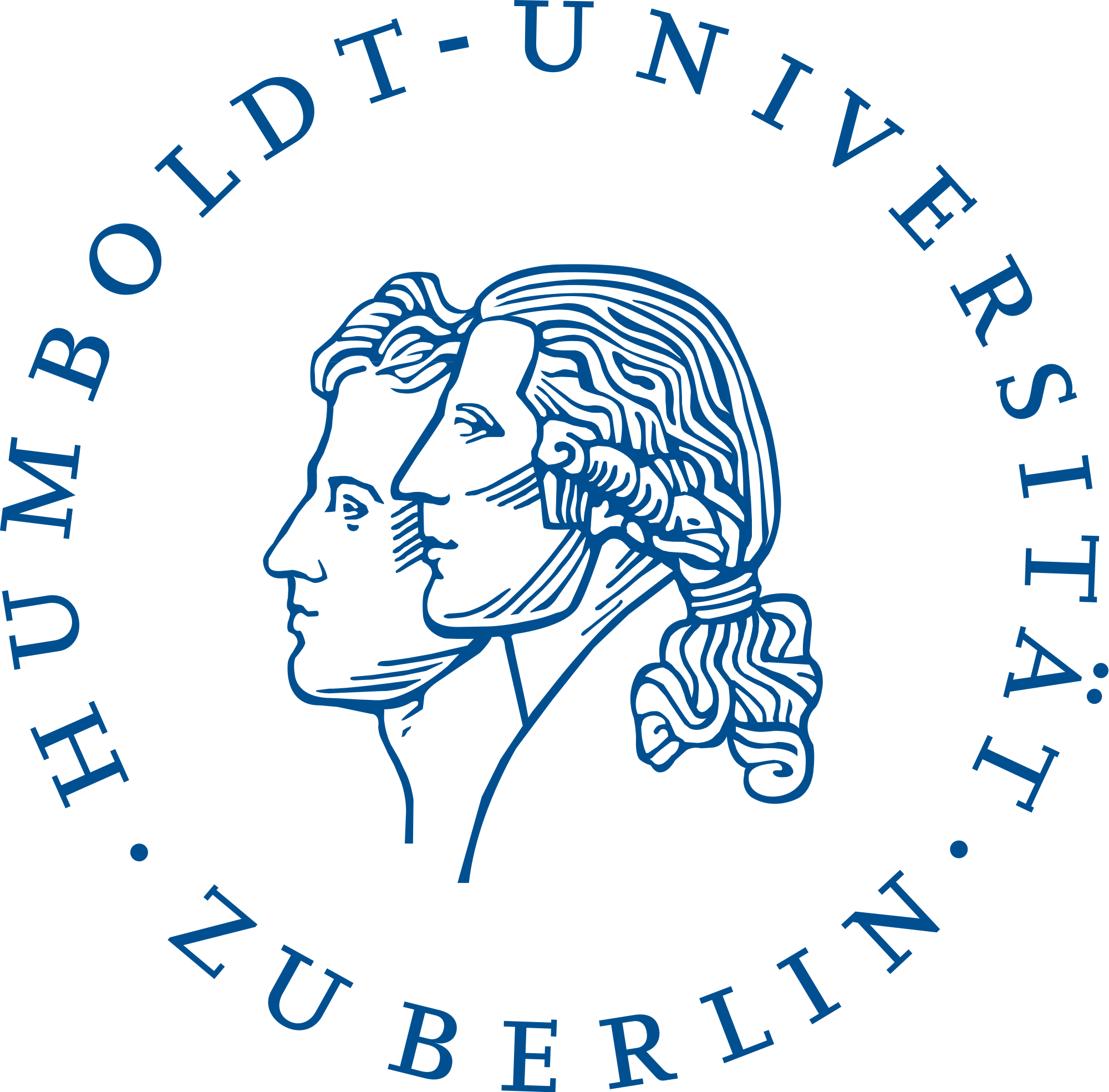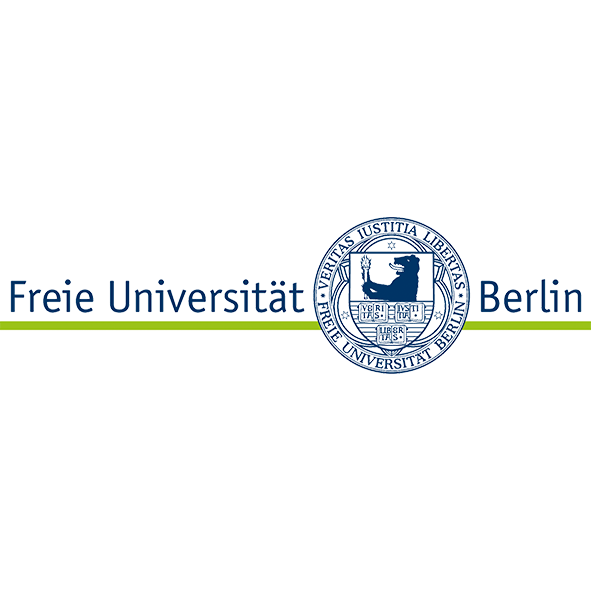Integrating the social dimension into hydrogeological research and work
Collaborating Scientists: Prof. Dr. Tobias Krüger (HU) and Prof. Dr. Martin Voss (FU)
Project Outline
In the field of hydrogeology, the science of groundwater, little attention is paid to social-cultural and political-structural conditions. While there have been holistic approaches in the related field of hydrology for decades, for example the concept of IWRM (Integrated Water Resource Management), investigations on the topic of groundwater to this day are generally limited to natural scientific aspects. In times of climate change and a growing population, new strategies for adapted water management must be developed so that approaches to solutions are not only created by "water scientists" but also understood and accepted by the users and stakeholders. This presupposes, on the one hand, that users regard groundwater as a finite and threatened resource and, on the other hand, that hydrogeologists understand which solutions can be implemented in the eyes of those affected by it. This aspect is increasingly being incorporated into hydrogeological scientific practice, but research is still at its beginning. In 2015, the Italian hydrogeologist Dr. Viviane Re published a scientific article in which she explains how a concrete approach that integrates socio-economic aspects and dimensions into hydrogeological studies could look like. With this article she introduced the term socio-hydrogeology.
Practical cooperation poses numerous challenges for hydrogeologists and social scientists, as their approaches to water problems are very different. For example, the awareness of the risk of groundwater contamination by fecal bacteria from leaking septic tanks or soak pits is generally increasing among non-hydrogeologists, but the effects of water-rock interactions (such as the retardation of certain contaminants and the following retarded break-through) and the influence of redox chemistry on groundwater quality is rarely considered. Whereas for example among hydrogeologists the necessity of communication with the affected people is not always given. A mutual understanding of the complexity of both hydrogeological conditions and social structures is a prerequisite for successful cooperation. This is where my research comes in, which is divided into two parts and which I plan to investigate with the help of several questions.
Part 1: New focus within hydrogeological research and work
a) Apart from hydrogeological data, which information on a community/research area is necessary to avoid conflicts and to work in a holistic way and efficiently towards a sustainable and accepted solution, e.g. to develop strategies for better (local) groundwater management?
b) Which methods are available to collect this information, when and how should they be used, and which challenges are to be expected?
c) How can participatory work be prepared and carried out? What needs to be considered when an external person works with local groups, especially in relation to the sensitive topic of (ground-) water, e.g. in terms of supply, contamination, scarcity, competing stakeholders?
d) How can hydrogeology students and seniors be prepared to work interdisciplinary and to achieve a mutual understanding with social scientists?
Part 2: Knowledge transfer (hydrogeological) expert - local groups
a) What minimal hydrogeological knowledge is necessary to enable local groups to independently study and assess the status of the groundwater they use and to think about solution strategies?
b) How much technical knowledge can be transferred to non-experts? Or is this only a matter of time?
c) How can this knowledge be transferred sustainably (science communication)?
d) How can a knowledge exchange happen? How can natural scientists/hydrogeologists be prepared to consider non-expert knowledge? And how can this knowledge be incorporated into the research/work?
On this background, I would like to develop a method catalogue of socio-hydrogeology which can be used by hydrogeologists in order to 1) understand the people they are working with or for, 2) to be able to communicate with them, 3) to include them and their perspectives into groundwater research and work and 4) to work effectively together with social scientists/ in an interdisciplinary way. I will do this by applying a mixed methods research approach. The first step will be to collect and categorize the methods already established in related disciplines and approaches like socio-hydrology and IWRM. In a second step, I will collect all currently available information on socio-hydrogeology projects, with a focus on the methods used and their success or failure. The third step would then be the comparison of the methods and, based on this, the development of a summary of useful methods which can be used in groundwater-related work. On a qualitative perspective, I am planning to work on two case-studies, to apply and test the developed methods and to understand more deeply the interrelation between groundwater and society. I have decided to choose two case-studies, one in India and one in Germany, in order to be able to represent different social-cultural contexts but also groundwater systems in different conditions and, therefore, facing different challenges. In India, I am planning to work in two communities in Jaipur, where I have already worked during my PhD. This gives the great advantage, that I know the hydrogeology and water supply system of the area and that I have a trustful relationship to the local people. In Germany, I am planning to look into the conflict about rising groundwater tables in Berlin. Due to my studies at the Hydrogeology Group of the Freie Universität Berlin, with over 40 years of research experience in Berlin, I have a profound knowledge of the hydrogeology of Berlin and good contacts to the responsible persons for this case. The catalogue will include methods applicable in different social, cultural and educational contexts.
Additionally, I am planning to focus on the education of hydrogeologists, which is often based purely on natural sciences. I will design a seminar or workshop, where the results from the research part will be integrated, with the title “Social science methods for hydrogeologists”. It will include standard methods, communication strategies and examples from case studies. I will test this format with students followed by a monitoring and evaluation unit.
Publications
Frommen, T. & Moss, T. (2021) Pasts and presents of urban socio-hydrogeology: groundwater levels in Berlin, 1870-2020. Water. (accepted)
Frommen, T., Groeschke, M., Noelscher, M. & Schneider, M. (2021) Anthropogenic and geogenic impacts on peri-urban aquifers in India – Insight from a Case Study in the Northeast of Jaipur. Hydrogeology Journal.doi: https://doi.org/10.1007/s10040-021-02301-7.
Frommen, T. & Ambrus, K. (2021) Pani Check – The Sisterhood of Water: A Transdisciplinary Documentary Film Project. In: Abrunhosa et al. (eds) Advances in Geoethics and Groundwater Management: Theory and Practice for a Sustainable Development. Springer International Publishing, Heidelberg.
Frommen, T. & Ambrus, K. (2021) Pani Doctors – Join the Sisterhood of Water: A Participatory Film Project and an Educational Musical. In: Abrunhosa et al. (eds) Advances in Geoethics and Groundwater Management: Theory and Practice for a Sustainable Development. Springer International Publishing, Heidelberg.
Rangecroft, S., Rohse, M., Banks, E., Day, R., Di Baldassarre, G., Frommen, T., Hayashi, Y., Höllermann, B., Lebek, K., Mondino, E., Rusca, M., Wens, M. & Van Loon, A. (2020) Guiding principles for hydrologists conducting interdisciplinary research and fieldwork with participants. Hydrological Sciences Journal, doi: https://doi.org/10.1080/02626667.2020.1852241.
Lebek, K. Frommen, T. & Krüger, T. (2020) How and why to walk the bridge between the social and the natural: Human-water perspectives from above and below the ground. In: Bronstert, A. et al. (eds) Hydrologie: Verbindung der Umweltsphären und –disziplinen, Tag der Hydrologie, Potsdam, Forum für Hydrologie und Wasserbewirtschaftung Heft 42.20.
Frommen, T. (2018) Wasserversorgung in Indien – Konflikt & Lösung aus hydrogeologischer Sicht. perspektive mediation, 4-2018.
Groeschke, M., Frommen, T., Winkler, A., & Schneider, M. (2017) Sewage-Borne Ammonium at a River Bank Filtration Site in Central Delhi, India: Simplified Flow and Reactive Transport Modeling to Support Decision- Making about Water Management Strategies. Geosciences, 7(3), 48.
Groeschke, M., Frommen, T., Taute, T., & Schneider, M. (2017) The impact of sewage-contaminated river water on groundwater ammonium and arsenic concentrations at a riverbank filtration site in central Delhi, India. Hydrogeology Journal, https://doi.org/10.1007/s10040-017-1605-1
Kretzschmar, T.G. & Frommen, T. (2013) Stable isotope composition of surface and groundwater in Baja California. Procedia Earth and Planetary Science, 7: 451-454.




